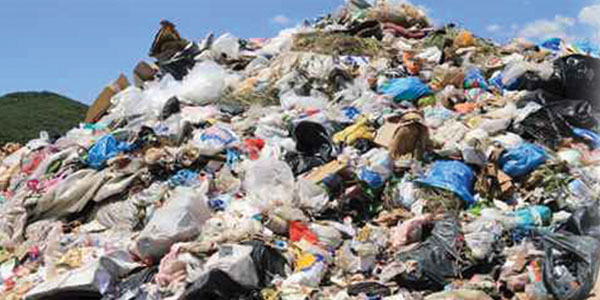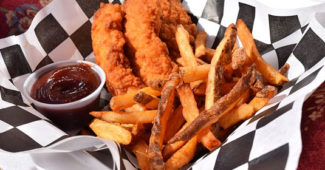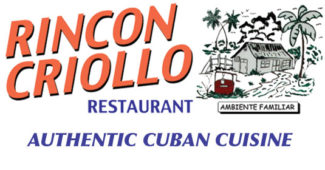 |
 Bill Lauto is an Environmental Scientist and Energy Consultant who has been teaching how we can save our money, energy, environment, and health, since 1982. Mr. Lauto operates GoingTrueGreen.com and his work has been published in magazines such as: Consumer Report, Kiplinger's Financial and Business Ethics. |
| Today products are protected in packages that use plastic. Plastic seems to be everywhere and we don’t really think twice about that fact. These packages come in all shapes and sizes, such as blisters packs and water bottles. The products being protected range from tooth brushes to LED light bulbs and pills to your salad for lunch. The idea is great because of the extra safeguarding offered when you dropped or bang the package. Nevertheless, a great idea can be nothing more than Crab Crap if there are a flaws in the overall equation. Here are two reasons why this idea is fundamentally flawed: Most plastics can leach BPAs into your food or drink, especially when heated or frozen. Bisphenol A (BPA) is in metal cans and almost everything plastic. This soupy chemical mix may not affect you tomorrow, but over your life time, do you want to risk those carcinogens being a contributing factor to problems later in life? Only three things DO NOT put carcinogens into our food or drink and that is Glass, Wax Paper, and Porcelain. I Do Not use plastic bottles to drink from and I avoid foods in plastic due to the possible BPA contaminants. If you wish to learn more, please consider taking my new online workshop about WATER. Classes will start this September at GoingTrueGreen.com. The second reason is that more than 60% of American Townships Do Not recycle these thermoformed containers. So yes, even though you have been putting all your protective plastic packaging from your purchased products into recycle bins, they are not being recycled. They are still going into landfills. According to the FTC Green Guide, when more than 60% of American Recycling infrastructures Do Not recycle an item, then that item is deemed "Un-Recyclable" because your municipality is removing these items from the recycling conveyor belt or recovery system to bury them in a landfill where they don't breakdown. The Federal Trade Commission’s Green Guides are designed to help marketers avoid making environmental claims that mislead consumers. However, in this case, we are misled by the process of omission! When a plastic package has no recycle information on it, we take the sensible option and recycle. However, because we are not told that our township does not recycle them, we are misled. The irony to all this is that the demand for post-consumer PET exceeds the supply by a tremendous margin. Polyethylene terephthalate, aka PET, is used for containers that hold liquids, products, and food. So the next time you want to buy water in plastic bottles, lunch, or a product protected within plastic, you may want to think twice. |
|












 20 lucky winners will win $500 each in prizes totaling $10,000.
20 lucky winners will win $500 each in prizes totaling $10,000. 